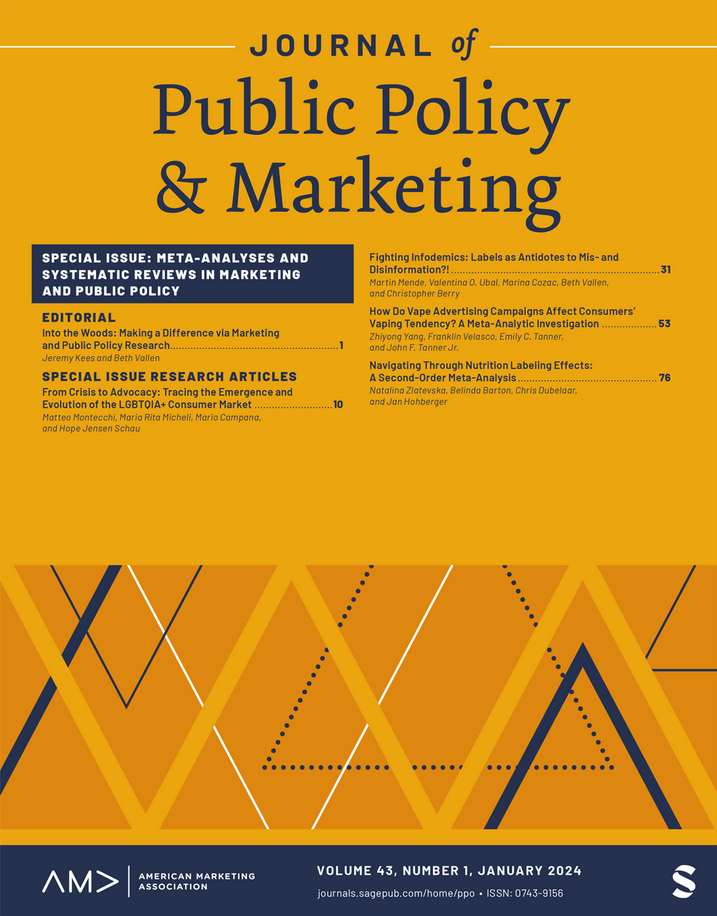The Role of Patient Satisfaction in Hospitals’ Medicare Reimbursements
IF 4.7
3区 管理学
Q1 BUSINESS
引用次数: 7
Abstract
Medicare uses a pay-for-performance program to reimburse hospitals. One of the key input measures in the performance formula is patient satisfaction with their hospital care. Physicians and hospitals, however, have raised concerns regarding questions related to patient satisfaction with pain management during hospitalization. They report feeling pressured to prescribe opioids to alleviate pain and boost satisfaction survey scores for higher reimbursements. This overprescription of opioids has been cited as a cause of current opioid crisis in the United States. Due to these concerns, Medicare stopped using pain management questions as inputs in its payment formula. The authors collected multiyear data from six diverse data sources, employed propensity score matching to obtain comparable groups, and estimated difference-in-difference models to show that, in fact, pain management was the only measure to improve in response to the pay-for-performance system. No other input measure showed significant improvement. Thus, removing pain management from the formula may weaken the effectiveness of the Hospital Value-Based Purchasing Program at improving patient satisfaction, which is one of the key goals of the program. The authors suggest two divergent paths for Medicare to make the program more effective.患者满意度在医院医保报销中的作用
医疗保险采用按绩效付费计划来补偿医院。绩效公式中的关键输入指标之一是患者对医院护理的满意度。然而,医生和医院对住院期间患者对疼痛管理的满意度提出了担忧。他们报告说,他们感到有压力开阿片类药物来缓解疼痛,提高满意度调查分数,以获得更高的报销。阿片类药物的过度处方被认为是目前美国阿片类药物危机的一个原因。由于这些担忧,医疗保险停止使用疼痛管理问题作为其支付公式的输入。作者从六个不同的数据来源收集了多年的数据,采用倾向得分匹配来获得可比较的组,并估计了差异中的差异模型,以表明,事实上,疼痛管理是对绩效薪酬系统的唯一改进措施。没有其他输入指标显示有显著改善。因此,从公式中删除疼痛管理可能会削弱医院基于价值的采购计划在提高患者满意度方面的有效性,这是该计划的关键目标之一。作者提出了两条截然不同的路径,以使医疗保险计划更有效。
本文章由计算机程序翻译,如有差异,请以英文原文为准。
求助全文
约1分钟内获得全文
求助全文
来源期刊

Journal of Public Policy & Marketing
BUSINESS-
CiteScore
10.20
自引率
15.40%
发文量
29
期刊介绍:
Journal of Public Policy & Marketing welcomes manuscripts from diverse disciplines to offer a range of perspectives. We encourage submissions from individuals with varied backgrounds, such as marketing, communications, economics, consumer affairs, law, public policy, sociology, psychology, anthropology, or philosophy. The journal prioritizes well-documented, well-reasoned, balanced, and relevant manuscripts, regardless of the author's field of expertise.
 求助内容:
求助内容: 应助结果提醒方式:
应助结果提醒方式:


